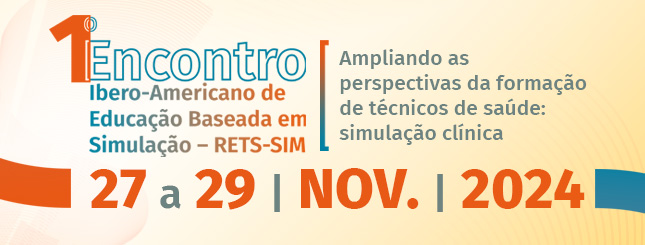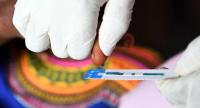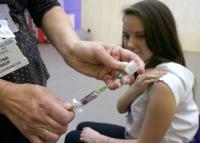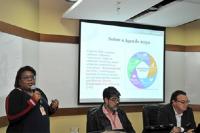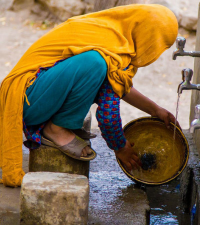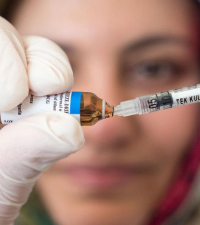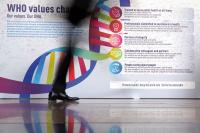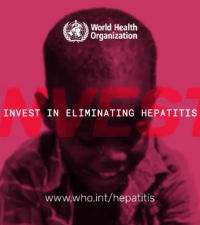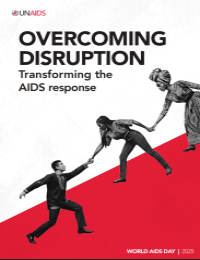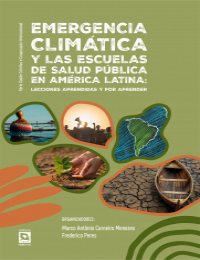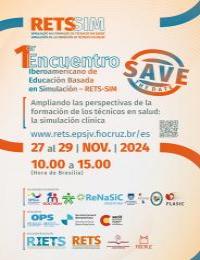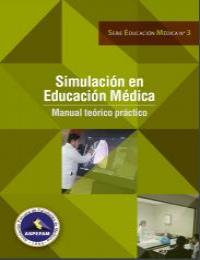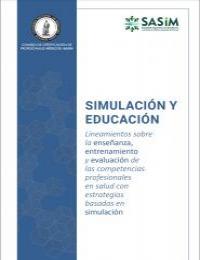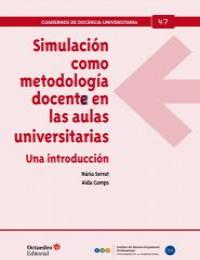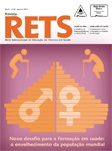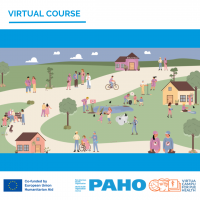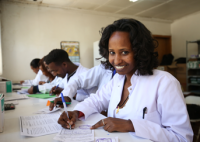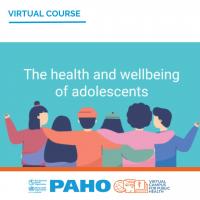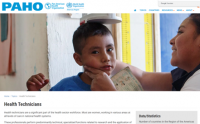To strengthen the strategic planning and response of Risk Communication and Community Engagement (RCCE) for dengue fever health emergencies among communication, health promotion, social and community mobilization teams, as well as other technical areas within health authorities and sector entities involved in dengue response. Learn more!
-
09/09/2019 - The number of States with national suicide prevention strategies has increased in the five years since the publication of WHO’s first global report on suicide, said the Organization, in the lead-up to World Suicide Prevention Day on 10 September. But the total number of countries with strategies, at just 38, is still far too few and governments need to commit to establishing them. The global age-standardized suicide rate for 2016 was 10.5 per 100 000.
-
09/06/2019 - WHO has published updated guidance on the use of contraceptives. The new guidelines take into account the confirmation of a study revealing that women with a high risk of contracting HIV can use any form of reversible contraception. Among the methods, the survey does not represent an increased risk of infection, are injectable, implants and intrauterine devices copper, also known as IUDs. The WHO guideline emphasizes, however, that the correct and consistent use of these contraceptive methods do not protect both HIV and other sexually transmitted infections.
-
09/06/2019 - According to El País, the World Health Organization warned of the "dramatic rise" of measles in Europe, an infectious disease preventable by vaccines that can be fatal and cause serious sequelae. Although the trend is global, Europe is especially concerned about WHO for the decline that the continent has suffered in the control of the disease. Four countries, the United Kingdom, Greece, Albania and the Czech Republic, lost in 2018 the status of "measles-free country", which means that the virus has once again circulated autochthonously. This is the first time this has happened since the WHO established this data review process in 2012.
-
08/30/2019 - According to PAHO, over 34% of the population in Latin America and the Caribbean does not have safe managed drinking water, and only 22% have sewage services. It is estimated that about 7,600 children under the age of 5 will die annually for diarrheal diseases in the region. It is estimated that at each R $ 1 expense in sanitation, R $ 4 sejam saved in health. This issues are part of the Objectives of Sustainable Development (SDG) 3 and 6, that will be the focus of a Fiocruz event next year. For this, the National School of Public Health Sérgio Arouca (ENSP/ Fiocruz) promoted a debate about the organization of the National Seminary of Health, Health and Human Directorates in the 2030 Agenda, last tuesday (20/8). Read more.
-
08/26/2019 - Tiny plastic particles known as microplastics are “everywhere – including in our drinking-water”, but they are not necessarily a risk to human health, UN experts said last week. In its first summary of the latest research into the impact of the tiny plastic pollutants on humans, the World Health Organization said that they have been found in marine settings, waste and fresh water, food, the air and drinking-water, both bottled and from a tap. Read more.
-
08/12/2019 - Measles is a serious and highly contagious infection caused by a virus. Americas region has confirmed 2,927 cases of the disease this year. The data are from the latest epidemiological update from the Pan American Health Organization, Opas, published on Wednesday, August 7. In July, the disease was identified in 14 countries. The largest proportion was registered in the United States, followed by Brazil and Venezuela.
-
08/09/2019 - Increasing near-universal breastfeeding levels can save over 800,000 lives annually, especially children under 6 months of age. In addition, breastfeeding reduces the risk of breast and ovarian cancer, type 2 diabetes mellitus and heart disease in nursing mothers. For mother and baby to have the opportunity to establish this relationship, it is important that support networks exist. The subject is the central theme of this month, the golden August.
-
08/06/2019 - The questionnaire that will be applied in the 2020 Demographic Census was divulged last week, amidst a debate between the technical body and the direction of the Brazilian Institute of Geography and Statistics (Instituto Brasileiro de Geografia e Estatística, IBGE, in Portuguese), which has been going on since the beginning of the year. Appointed by Minister of the Economy Paulo Guedes, the new president of the Institute, Susana Guerra, who took office at the end of February, was assigned the task of reducing by 25% the Census budget, which was initially of R$ 3.2 billion. The mission was then assigned to economist Ricardo Paes de Barros, from the Institute of Education and Research (Instituto de Ensino e Pesquisa, Insper, in Porutguese), and it displeased the technical body of the IBGE. Ever since the cuts were announced, the Association of IBGE Employees (Associação dos Trabalhadores do IBGE, Assibge-SN, in Portuguese) had been warning that a decrease in the questionnaire could cause a rupture in the historical series of data about the Brazilian population.
-
08/06/2019 - EOn April 7th, 1948, the World Health Organization (WHO) was created, which incorporated innovative principles. In its Constitution, health is understood as ‘a state of complete physical, mental, and social well-being, and not merely the absence of disease or infirmity.’ Moreover, ‘the highest attainable standard of health’ is listed as ‘one of the fundamental rights of every human being,’ which should be put into effect without any distinction of race, religion, political belief, economic or social conditions. Many believe that WHO reached its peak in the 1970s and that today there are many problems to be resolved in the organization.
-
07/29/2019 - New WHO study, published July 26, estimates spending to achieve global hepatitis elimination targets. The research is based on investment calculations required to meet the 16 health-related goals of the Sustainable Development Goals in low- and middle-income countries. Read more.

